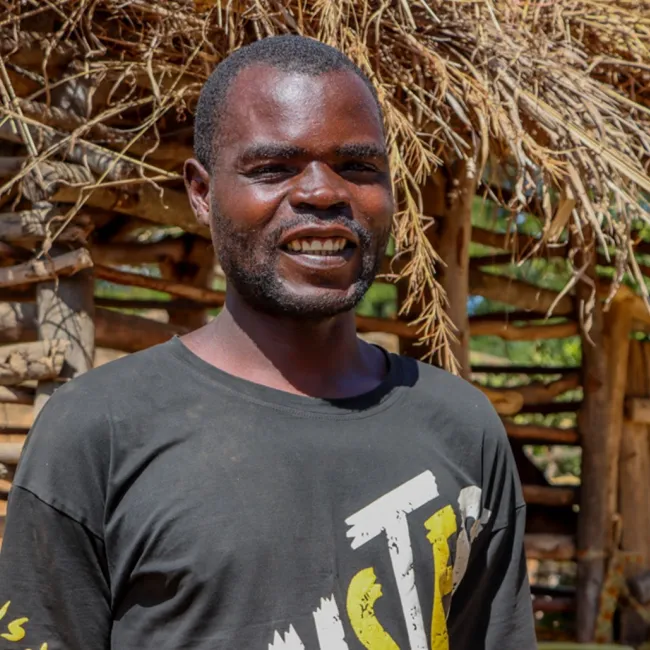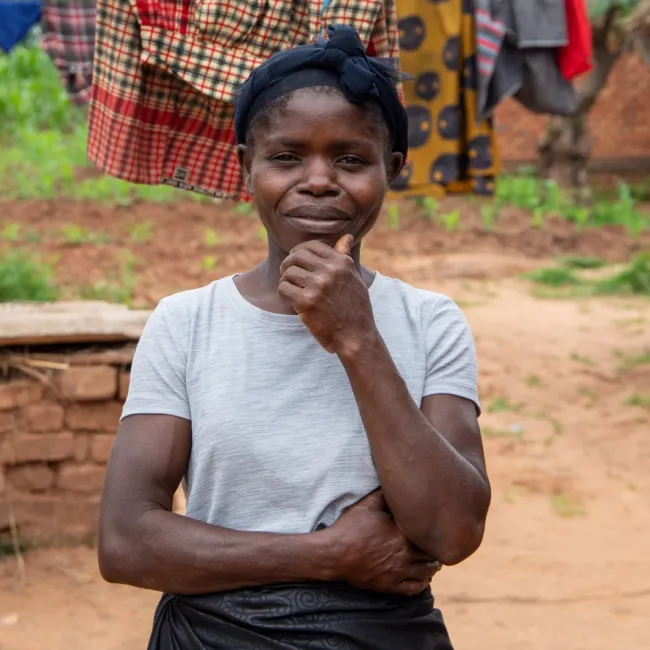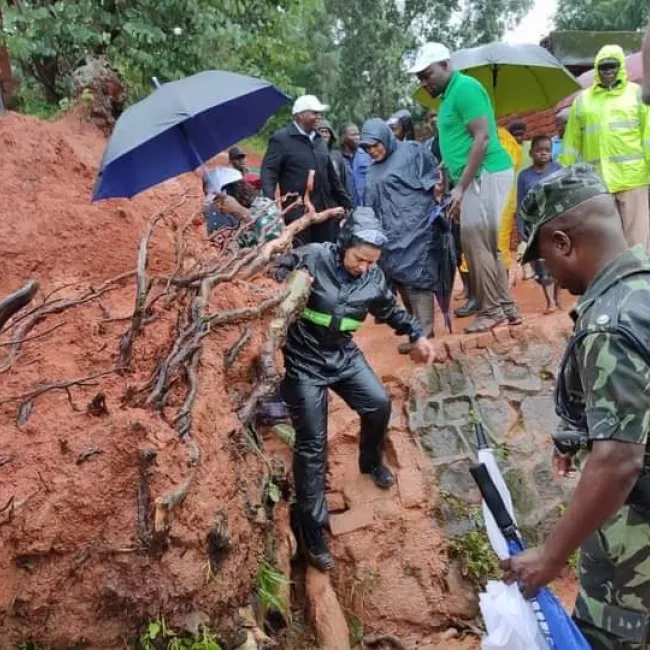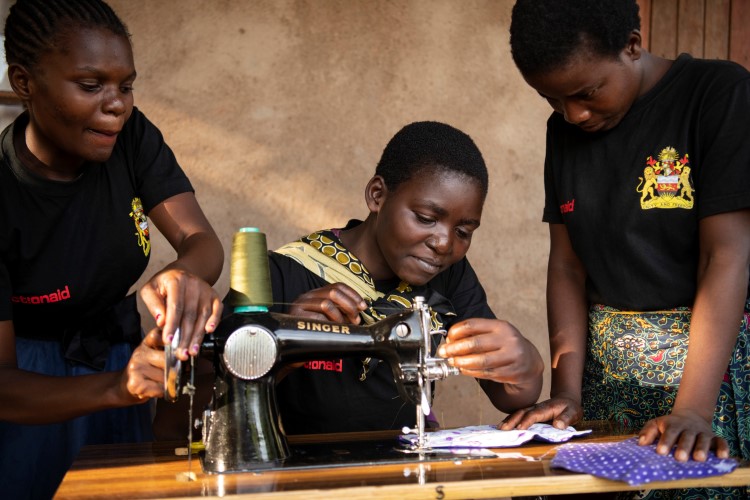
Malawi
Malawi remains one of the poorest countries in the world, with about 70% of the population currently living below the $2.15 international poverty line.1 In 2024, over 20% of the total population was reported to be in acute food insecurity. The economy heavily dependents on agriculture, which employs over 80% of the population.
Climate change has a profound impact on agricultural output in Malawi. Smallholder farmers face heightened challenges in rain-fed agriculture due to the irregular and unpredictable rainfall patterns. Attempts to enhance irrigation agriculture are hindered by the scarcity of dependable water sources.
Those compounded challenges have severe implications for the rights of smallholder farmers, particularly their right to livelihood, as the lack of access to inputs, services, and markets directly infringes on their right to food.
Malawi ranks in the bottom quintile of countries on the Gender Inequality Index, which is a composite measure of reproductive health, women’s empowerment, and economic status. This gender inequality contributes to low decision-making power among women and girls, and limits their ability to negotiate safe sexual intercourse, increasing the risk to be exposed to gender-based violence. Access to comprehensive sexuality education in Malawi is limited, leading to unintended pregnancies, and sexually transmitted infections, including HIV. Child marriage is common, especially in rural south. While the legal age of marriage was set at 18 in 2017, the law is inconsistently enforced because various laws are yet to be harmonized.
The country faces problems with governance and social services, a situation worsened by the rising public debt, currently representing 84.8% of the GDP according to the 2024 National Budget1. Coupled with low domestic revenue generation, this significantly reduces funds available for social services, as over 35% of the national budget is allocated to debt servicing. The government of Malawi has lacked transparency and accountability to the public, in the debt collecting and utilization process. Additionally, the extractive industry is plagued by corruption, low wages and unsafe working conditions.
The projects will be implemented in Mangochi, Dowa, Ntchisi, and Karonga. Advocacy efforts for all three long-term goals will be promoted both at community and at the national level.
Who we are
Starting from January 2021, Norwegian Church Aid (NCA) and Dan Church Aid (DCA) in Malawi joined forces to create a Joint Country Programme (JCP). The JCP strategy is an opportunity for both NCA and DCA to maximise the potential of our combined capacities and resources to further the rights of those in Malawi who are poor and marginalised.
Our vision and mission is to contribute towards a just, resilient and inclusive Malawian society for economic growth. NCA, together with DanChurchAid (DCA) as a joint Country Programme, will strengthen civil society and build strong relationships with local partners by collaborating with diverse networks to design and implement smart approaches, focusing on partner skill development and collective action for systemic change.
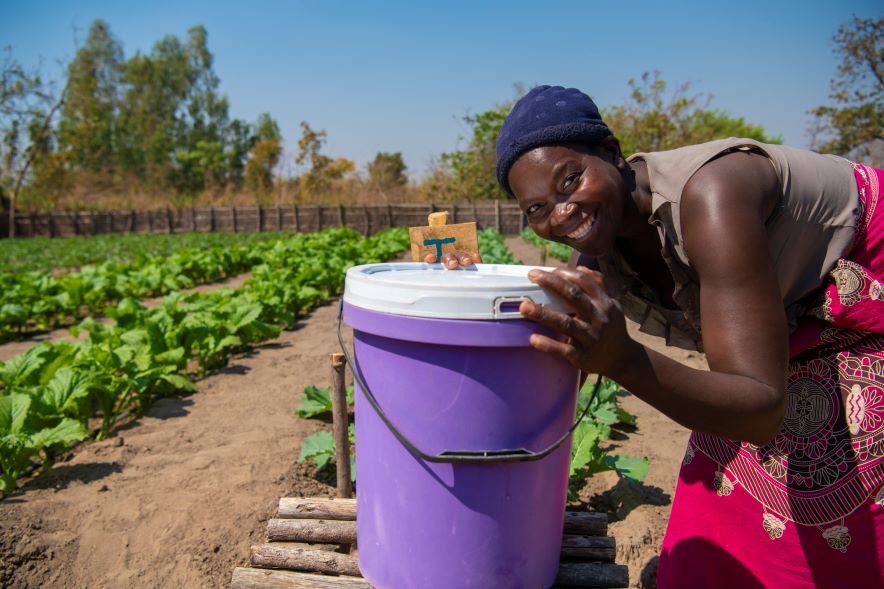
What we do
NCA DCA JCP Malawi will continue to strengthen civil society actors and spaces to contribute to an equal, respectful, and inclusive society that allows women, men, girls and boys to live healthy, dignified lives and to claim their rights. Together with Malawian civil society organisations and other partners, the Joint Country Strategy 2021-2024 addresses the following long-term development programmes:
- Gender-Based Violence (GBV)
- Fighting Inequality (FI)
- Climate Smart Economic Empowerment (CSEE)
Long-term development
JCP Malawi enables people to climb out of poverty and build community resilience by tackling the issues of inequality, lack of employment opportunities and gender-based violence.
Humanitarian response
JCP Malawi humanitarian work comprises of an increased capacity to respond to humanitarian crises with high quality services to save lives, alleviate suffering and protect human dignity. There is an opportunity for growth in local resilience and bridging the gap in the humanitarian-development nexus through emergency preparedness and response planning. This ensures appropriate, timely, effective, and coordinated response to crises when they occur.
Where we work
NCA implements its programmes in fourteen districts in Malawi: Ntchisi, Dowa, Mchinji, Kasungu, Ntcheu, Chikwawa, Blantyre, Machinga, Nsanje, Thyolo, Mangochi, Karonga, Rumphi and Mzimba. Interventions target civil society actors, including faith-based actors, to address the inequalities that underpin the challenges faced by women, girls and youth in local communities in Malawi.



